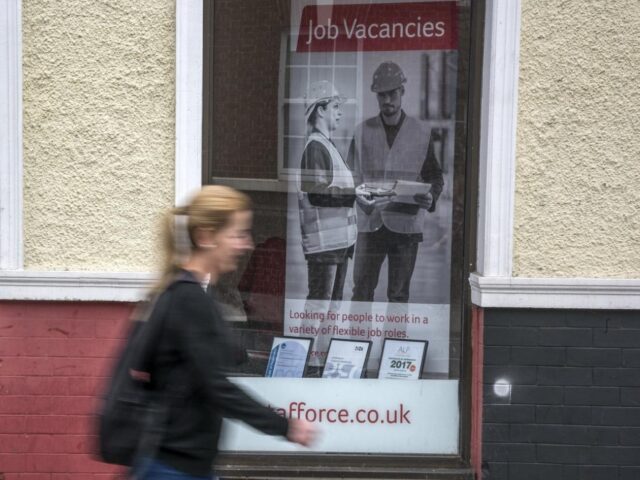A new working paper from Understanding Society suggests that people with disabilities are retained in work at lower rates than non-disabled people, especially in the accommodation and food sectors. It’s one of several findings that are of concern for the long-term health of the UK population and economy.
Of those who reported a “long-standing physical or mental impairment, illness or disability” in Wave 1 of Understanding Society, only 44% were still in work at Wave 12, compared to 80% of non-disabled participants. The smallest differences the in retention between disabled and non-disabled workers were found in the wholesale/retail trade sector.
The findings are part of a paper which summarises the Understanding Society ‘research springboard’ – a series of workshops that facilitated collaborative health-related research, bringing teams together from across academia, government departments, charities and think tanks to work on research of mutual interest.
Other findings include:
- a U-shaped curve in reported disability, with high rates among the oldest cohort (born pre-1936), as might be expected, but also the youngest cohort (born since 1996) reporting higher rates than the middle-aged cohorts
- a U-shaped relationship for reported loneliness and age, with the highest levels among women and people aged 16 to 19
- a significant link between austerity policies and a decrease in mental health for young people in Scotland, the South East, London, and the North East.
Raj Patel, Associate Director, Policy and Partnerships, says: “Panel data are a powerful tool for investigating change in the population’s health over time, and its causes and consequences. The research springboard allowed existing users to get to know our data better, and introduced some newer users to Understanding Society’s possibilities.
“Health and wellbeing are good indicators of the overall state of a society and increasingly important for economic growth – and research can help to improve health by joining up policy thinking. In future, health policy will need to be targeted better – and it will ask all government departments, wider public services, employers, the food industry, community organisations and others to work together.
“The eight teams of researchers who took part in the springboard are now investigating their findings further with a view to publishing research which can help to achieve this.”
Health and wellbeing



